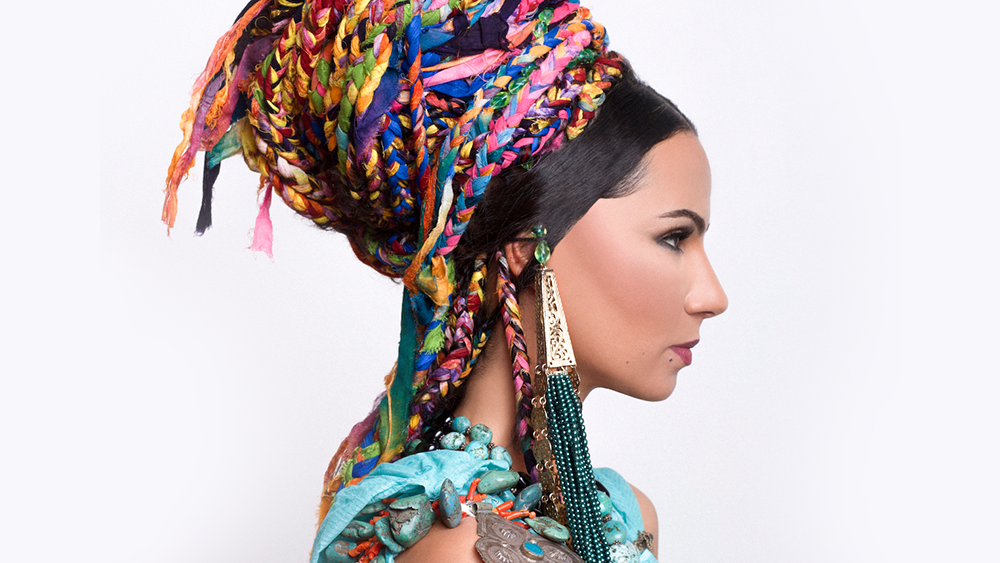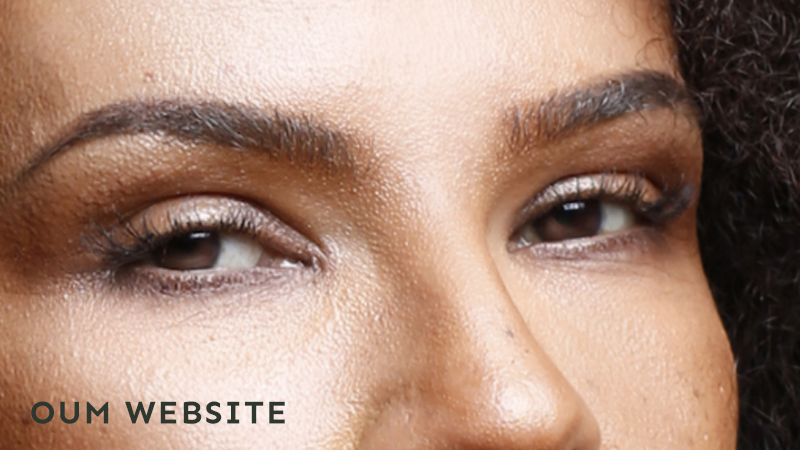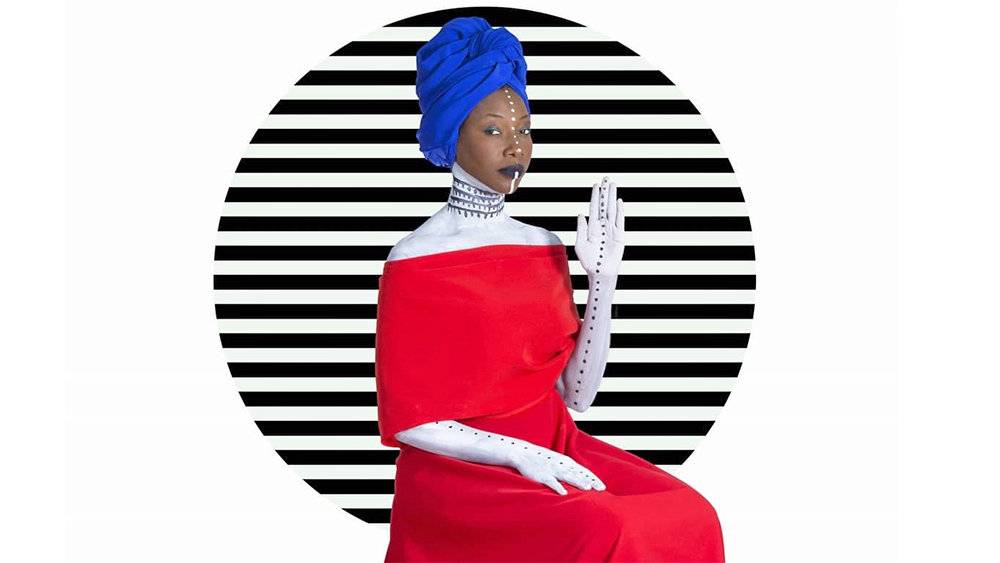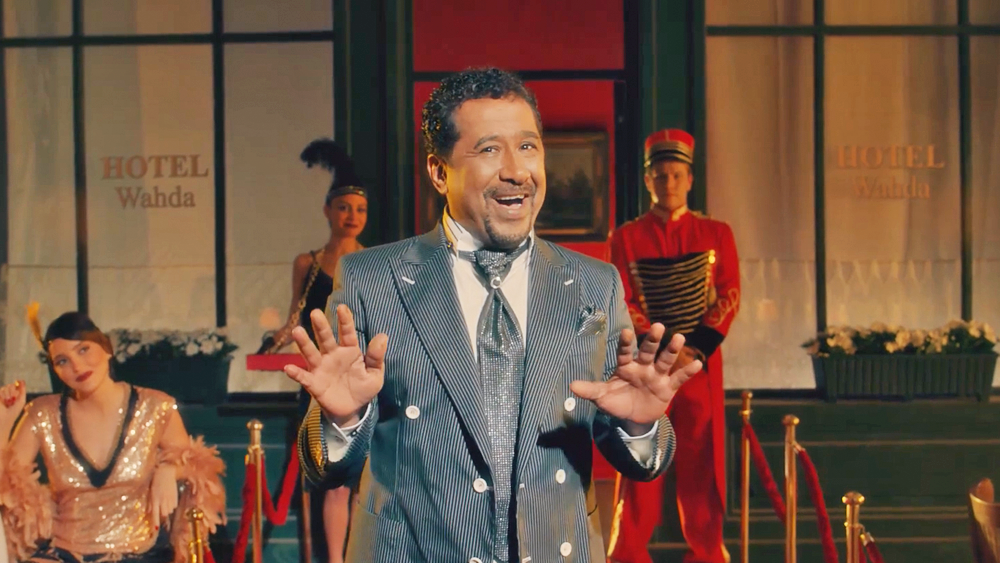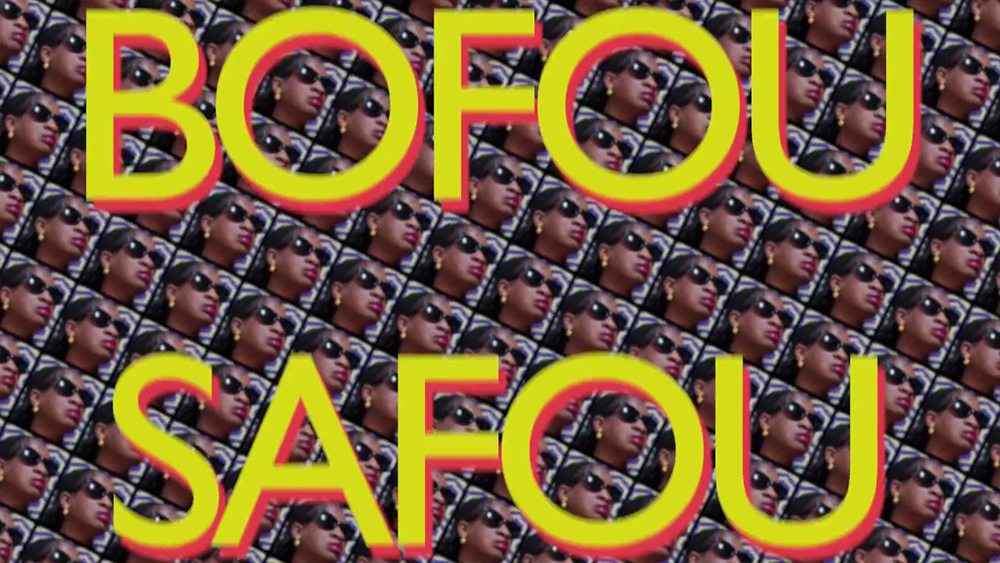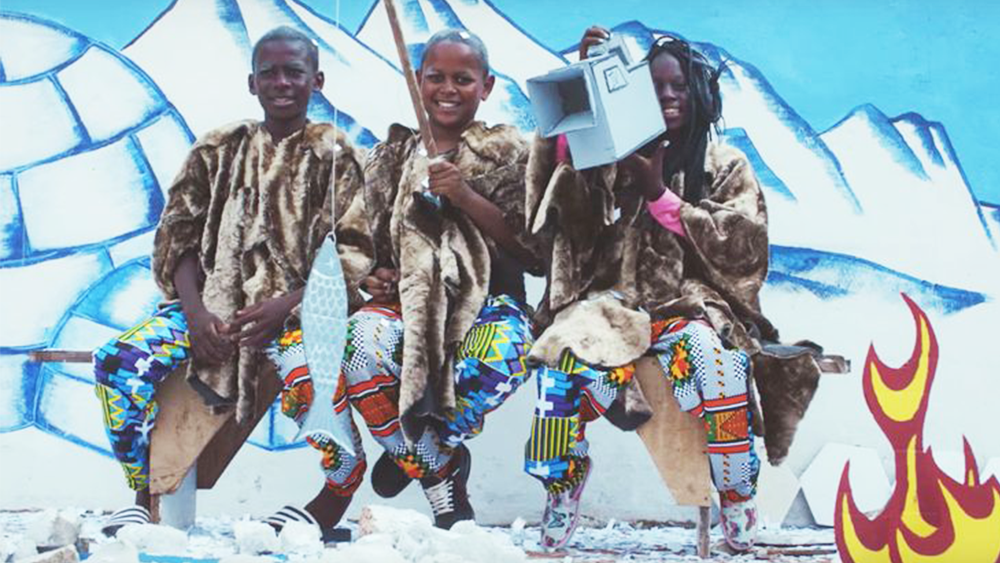Nterini
The Moroccan fusion singer Oum
The Moroccan fusion singer Oum El Ghaith Benessahraoui, aka Oum, makes intentional references to her African identity in her songs and says Morocco is the gateway between Africa and Europe. Mostly self- taught in her music, she began her career in a gospel choir in Marrakech. Oum has also been quoted as saying that while she is a devout Muslim woman, she is also one who makes decisions about her life.
Answering questions about restrictions to the freedom of art and culture, Oum speaks about a new generation in Morocco having its own strong culture and who are in the process of waking up ideologically and culturally.

IA: How would you describe, in your own words, your music?
OUM: ‘I would describe it as a tree rooted in Africa, the trunk through Morocco, and branches dance with the winds of the Americas and the Orient. ‘
IA: Where does the inspiration for your music and lyrics come from?
OUM: ‘Inspiration moves in us when we are touched, moved. The inspiration comes from the people I encounter, and those with whom I evolve. It also comes in elements, areas and aspects of nature and the universe beyond us. ‘
IA: Do you write your own music and who are some artists you collaborated with?
OUM: ‘I write and compose my songs, and then I arrange them in consultation with the musicians I work with. ‘
IA: Which artists would you like to Collaborate with?
OUM: ‘Malouma Mint Elmeidah, Gilberto Gil, Omara Portuondo, Richard Bona, Jose James, Gilles Peterson. ‘
IA: Your style is vivid and colourful- is it traditionally Moroccan and who makes your beautiful hair accessories an turbans?
OUM: ‘My stage outfits are a blend of fabrics and accessories inspired by Morocco’s traditional crafts, Africa and anywhere the music takes me. ‘
IA: What is unique and special about Morocco and its people?
OUM: ‘Diversity is what makes Morocco unique. It manifests itself everywhere in nature, ethnicities, languages, music and gastronomy. A diversity that is owed to the geographical position of the Kingdom and to our history. There is rich plurality in this and we are open to people, exchange and universal cultural mix. ‘
IA: Green and environmental sustainability programs are Being implemented on a large scale now in Morocco and its the location for COP 22 climate change conference in November this year- What are your thought on this and do you think it´s important?
OUM: ‘Of course it’s important. Today, environmental awareness in Morocco is awake incontrovertibly. There is a real political will to carry out major projects in the field of sustainable development, energy, and environmental protection, such as the permanent ban on using plastic bags as well as the installation of the largest solar power plant of Africa and creating green cities. I am myself engaged in this. ’
IA: As a woman and a Muslim woman in Morocco who is independent and creative with a global career, are you a role model to young women finding their voice?
OUM: ‘We all need to learn from others to build. It is important for me through my work, and my way of exercising to remember that we are rich in our heritage and we ourselves shape our identity. ‘
IA: Are there unique challenges faced by female artists in Morocco and globally, what are your thoughts?
OUM: ‘Overall, I think our job is not easy anywhere. In Morocco, the record industry is incomparable with that of European countries. Businesses related to art and its dissemination is still limited as are properly equipped theatres except in major cities. Making music one´s profession today calls for commitment. But this applies to men or women artists, regardless of genre. ‘
IA: Tell about your move to a more acoustic sound in your music and albums?
OUM: ‘I owe this idea to Sir Ali Alizadeh who was my former DA on the album Soul Of Morocco. And he was right. The vibration of the acoustic instruments is so much more intense. ‘
IA: What can audiences expect from your live performances?
OUM: ‘A festive encounter with ease, where we will tell Zarabi as a travel narrative with rhythms and music. ‘
IA: Which projects are you presently working on and where can we learn more?
OUM: ‘We are still traveling round with Zarabi. The next project is still in its infancy.’
